HOLLYWOOD – Limited Series
A group of aspiring actors and filmmakers in post-war Hollywood try to make it big... no matter the cost.
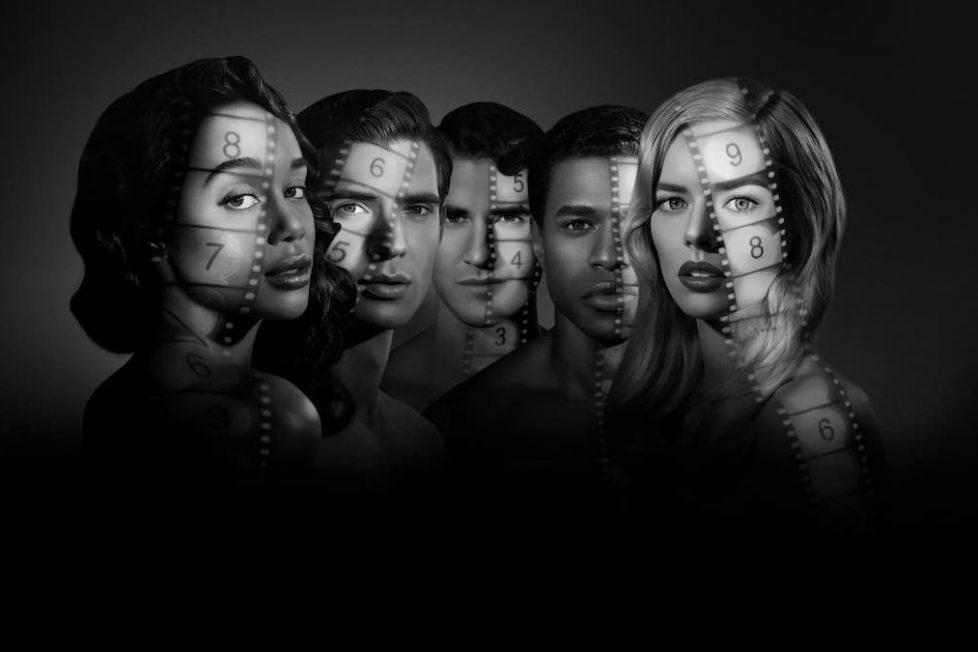
A group of aspiring actors and filmmakers in post-war Hollywood try to make it big... no matter the cost.


Considering Hollywood explores the struggles of making it to the top of the film industry during the 1940s, it seems ironic Netflix’s limited series has struggled to get positives reviews. The series builds on themes surrounding a mostly hushed-up side of ‘Golden Age’ Hollywood, which are still applicable to today’s showbiz landscape.
One of the showrunners of Hollywood is none other than Ryan Murphy, one of the most powerful creatives in American television. He was involved in the creation of Glee (2009–2015), American Horror Story, The Politician, and The People v. O.J. Simpson (2016), amongst others. So hopes were understandably high when Murphy and his longterm collaborator Ian Brennan revealed they were working on a drama series about the pros and cons of post-war Hollywood.
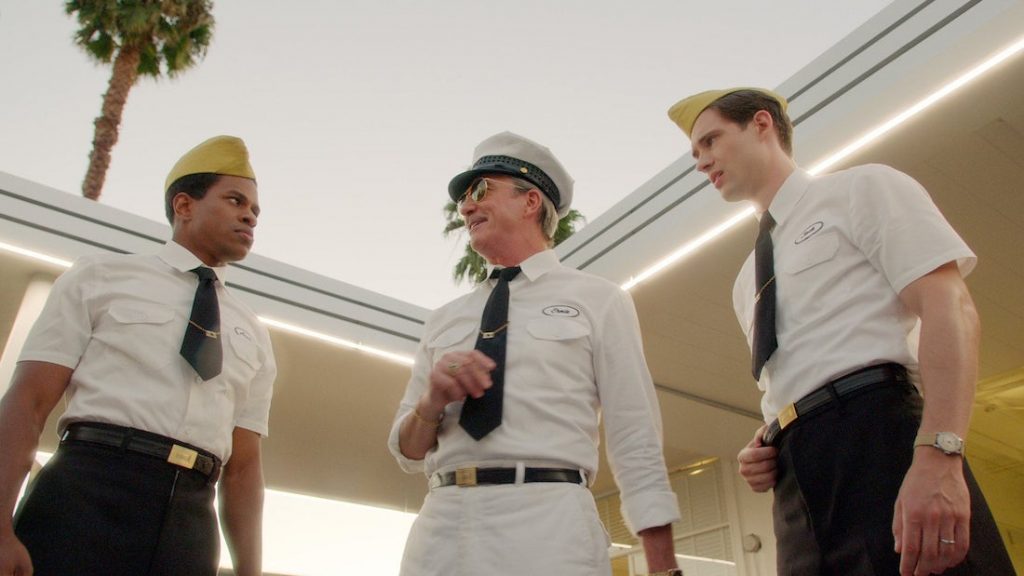
The first episode of Hollywood introduces us to the show’s major players who, at this stage, are desperate to get a leg up in a sea of competition. We’re primarily introduced to the glitzy world of Los Angeles through war veteran Jack Castello (David Corenswet), an aspiring actor trying to provide for his dream and pregnant wife by pumping gas at the Golden Tip owned by failed actor Ernie West (Dylan McDermott) — which is actually a front for sex work. (A situation based on the real-life petrol station of Scotty Bowers.) And in order to avoid pleasing the gay clientele himself, Jack recruits the black aspiring writer Archie Coleman (Jeremy Pope) to do it for him.
Throughout their official lives as aspiring creatives, and their hidden lives in Hollywood’s most attractive gas station, Jack and Archie start meeting people who make their lives both better and harder: the rich but lonely wife of a studio head, Avis Amberg (Patti LuPone), who later takes over her husband’s studio; shy wanna-be actor Roy Fitzgerald (Jake Picking) and his abusive agent Henry Willson (Jim Parson) who demands 10% as well as sexual favours from his clients; and Filipino wannabe director Raymond Ainsley (Darren Criss) and his black girlfriend-actor Camille Washington (Laura Harrier), whose talent goes unrecognised due to her skin colour.
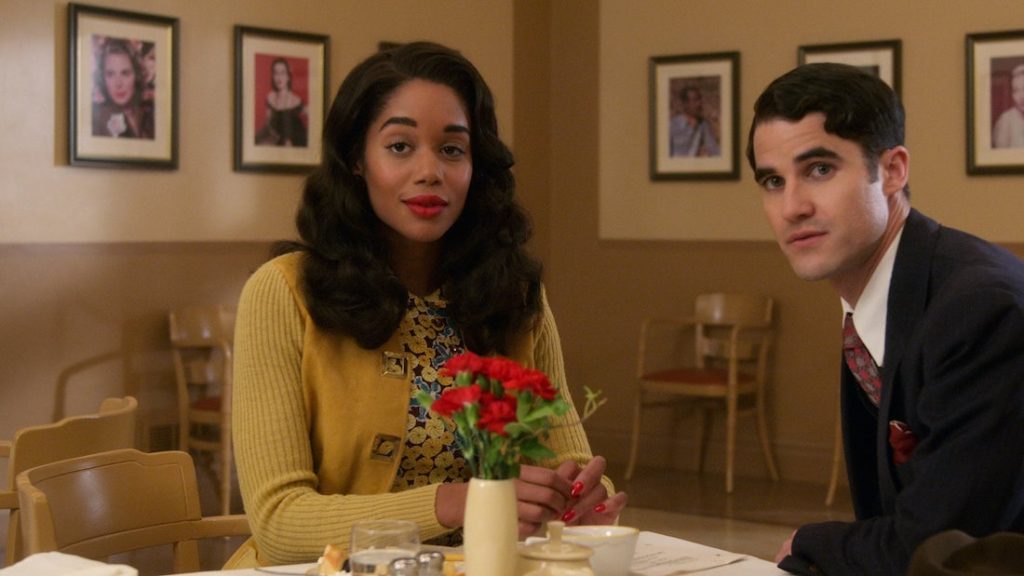
All of them meet when Ace Studios decides to produce an unprecedented film: Meg. It’s the story about a failed black actress who commits suicide by jumping off the Hollywood sign. From then on, the young creatives fight their way up the business ladder and declare their own war against racism and homophobia.
Initially, Hollywood seems to mainly revolve around Jack Castello, but over the eight episodes the other characters are given more attention. By the end, the narrative structure evolves from having a single-character focus to being more of an ensemble effort. Even though Hollywood is a show that doesn’t venture too deeply into every individual’s life, it gives audiences enough insight to understand the difficulties each of them struggles with.
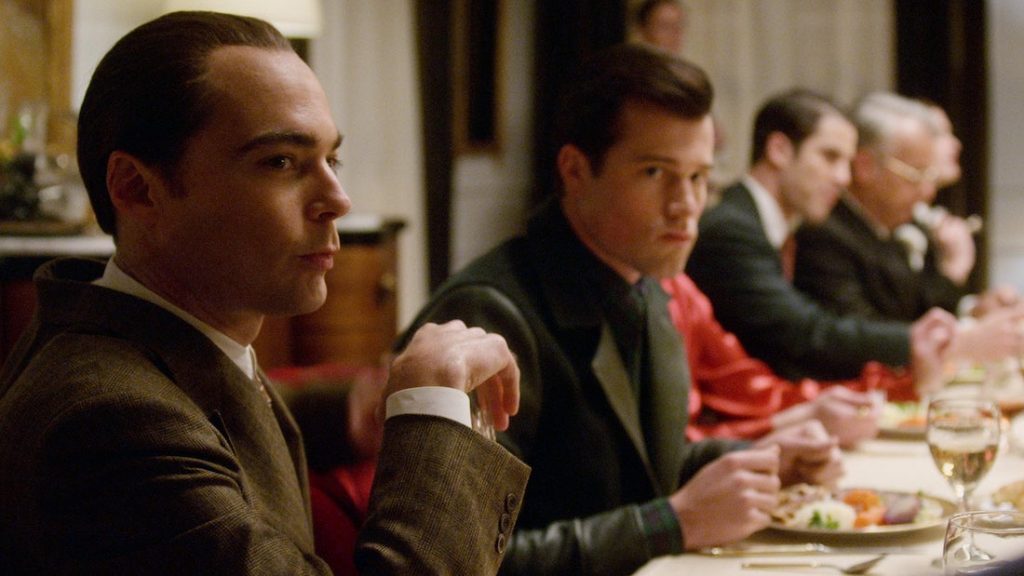
There is, in fact, one thing that nearly all characters seem to struggle with: personal fulfilment. Each of them either has or had the goal of making it big in Hollywood. The industry beckons them with promises of fame and fortune, but the closer each character gets, the more they realise the attainment of their goals will only come if they’re willing to give up their principles and moral standings.
Jack Castello, as well as Archie Coleman, must sell their bodies to strangers in order to maintain themselves and their careers. Director Raymond Ainsley, who wants to challenge racial discrimination in Hollywood with his new screenplay, is tricked into directing a story about a white girl with white problems and white solutions. Another example is black actress Camille Washington, whose talent would qualify her for much bigger roles, but her ethnicity is something that reduces her to stupid maid roles. Gay actor Roy Fitzgerald, on the other side, has to support sexual abuse from his agent in order to get a screen test. The list of these personal tragedies goes on and on and is fairly well established in the first three to four episodes.
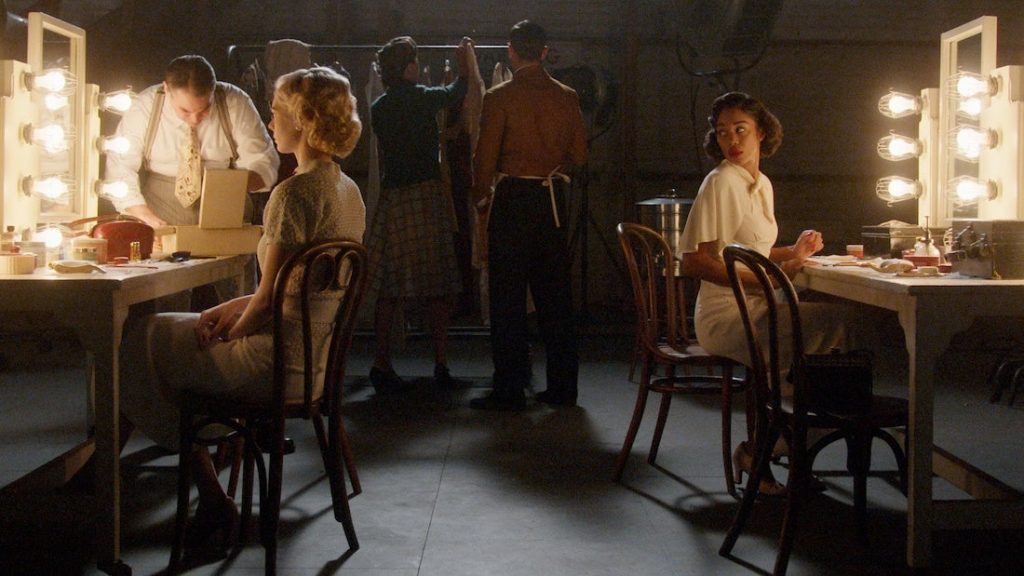
Prejudice, racism, homophobia, feminism, sexual assault, and trading sexual currency… all are introduced within the first half of the series. The creators made sure that it was done in a charmingly light-footed but credible way. However, it’s the further involvement and elaboration of these themes that Hollywood’s creators fail to elaborate on. From roughly the middle of the series onwards, the seriousness of everyone’s problems seems to be shoved more and more into the background, while the glamorous but superficial world of the film business takes over. Sexual abuse is dismissed with a brief apology, prostitution is justified by success, and violent riots are defeated by sales figures. As soon as our young no-longer-aspiring creatives are finally holding a golden Academy Award statuette, any grievance, corruption, or abuse seems forgotten and forgiven.
It also seems that, towards the end of the series, the showrunner fell a little bit too much in love with their characters and the dream factory everybody is dreaming about. Two major points stand out when viewing Hollywood with a critical eye: some characters seem to have bad intentions at the beginning, but only a few of them follow them through. The audience is brought to like each and every character (with the possible exception of Henry Willson), which is good to some extent because it allows the viewer to identify with what she/he sees and stay interested.
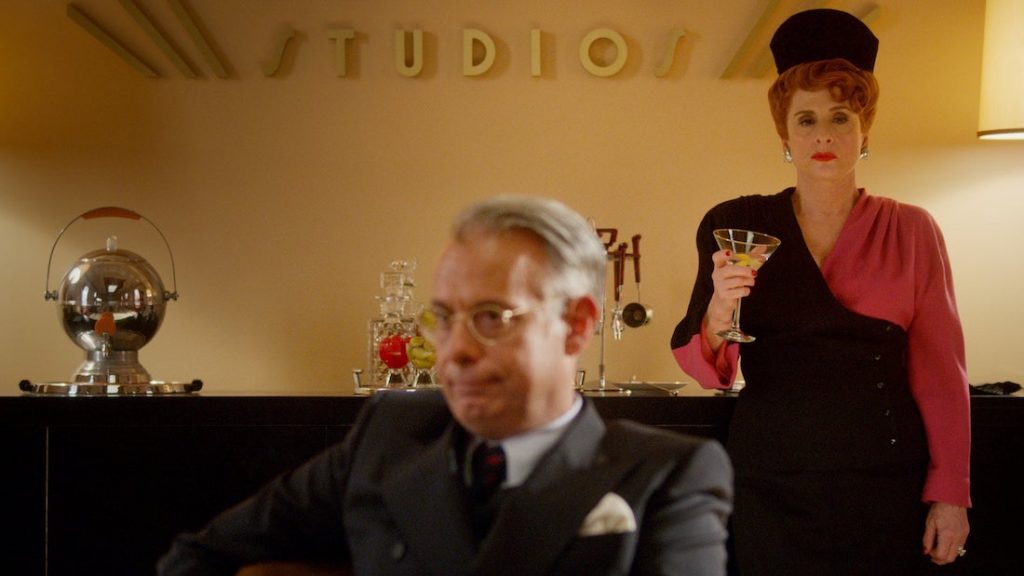
However, if there’s no real villain, there are no real stakes. This brings me to my second point: despite the series celebrating Hollywood as the toughest place in the film business, the obstacle and problems our leading players have to overcome sometimes seem to solve themselves. They almost never have to fight too hard or too long to reach their goals and help often comes to them for no obvious reason.
Very interesting, on the other hand, is that Hollywood, even if it speaks of the post-World War II era, unintentionally addresses the current situation we’re living through. The series might do it in a naive and superficial manner, but it still speaks out against racism: almost everyone fights against racial prejudice and discrimination — whether it’s Archie and Camille representing African Americans, Asian Anna May Wong, or Jewish Avis Amberg. Racism is a theme that, unlike all others, stays strong all the way from beginning to end. It’s also a reality that, due to the murder of George Floyd recently, is finally being put into the focus of the world’s attention. One could wonder what’s really changed since the 1940s.
In summary, I’m sure the creators had good intentions, but just like in the real Hollywood, they were blinded by the bling and got side-tracked. Hollywood would’ve been better by taking bigger risks, establishing higher stakes, and digging deeper into its characters. However, it’s also fair to say this Netflix limited series is still worth watching despite some weak spots. A mix of charming, mysterious, and entertaining characters lead us through an era we still look back at with nostalgia or curiosity. Hollywood is a series that surprises with creative settings and freshness in nearly every scene, which makes the show simply fun to watch.
USA | 2020 | 347 MINUTES • 8 EPISODES | 16:9 HD | COLOUR | ENGLISH

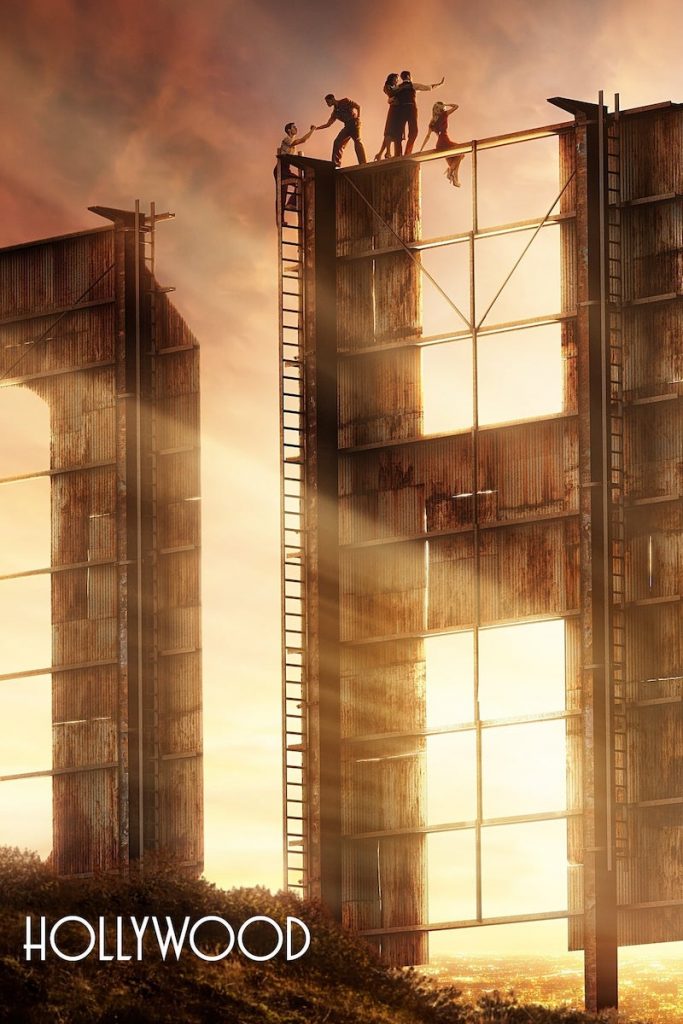
writers: Ryan Murphy, Ian Brennan, Janet Mock & Reilly Smith.
directors: Ryan Murphy, Daniel Minahan, Michael Uppendahl, Janet Mock & & Jessica Yu.
starring: David Corenswet, Darren Criss, Laura Harrier, Joe Mantello, Dylan McDermott, Jake Picking, Jeremy Pope, Holland Taylor, Samara Weaving, Jim Parsons & Patti LuPone.
